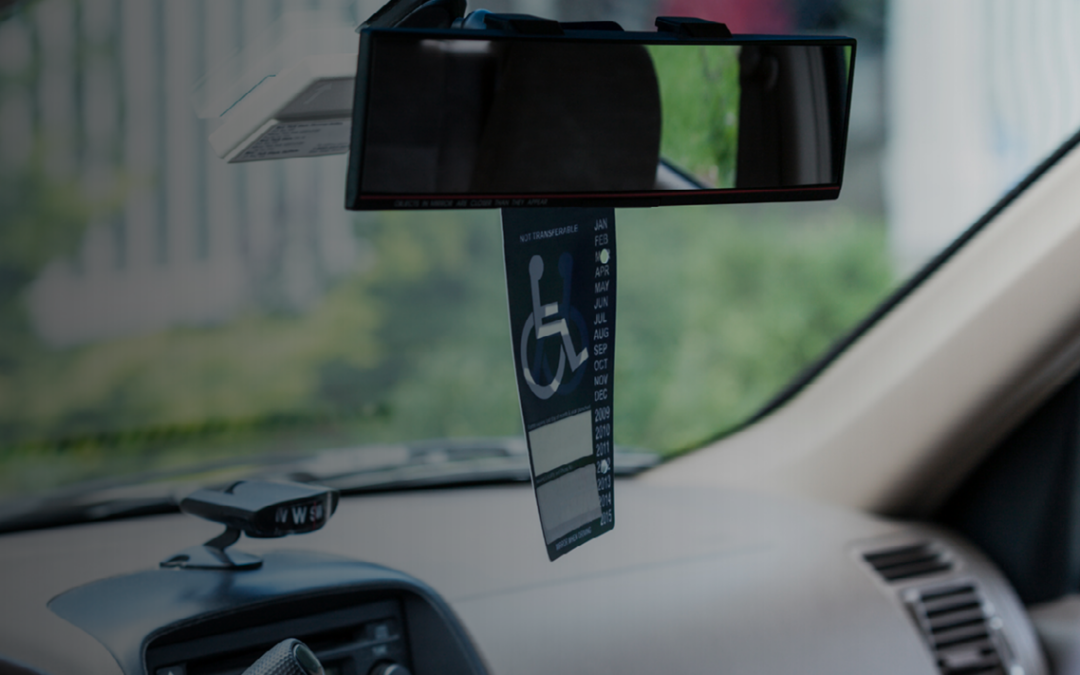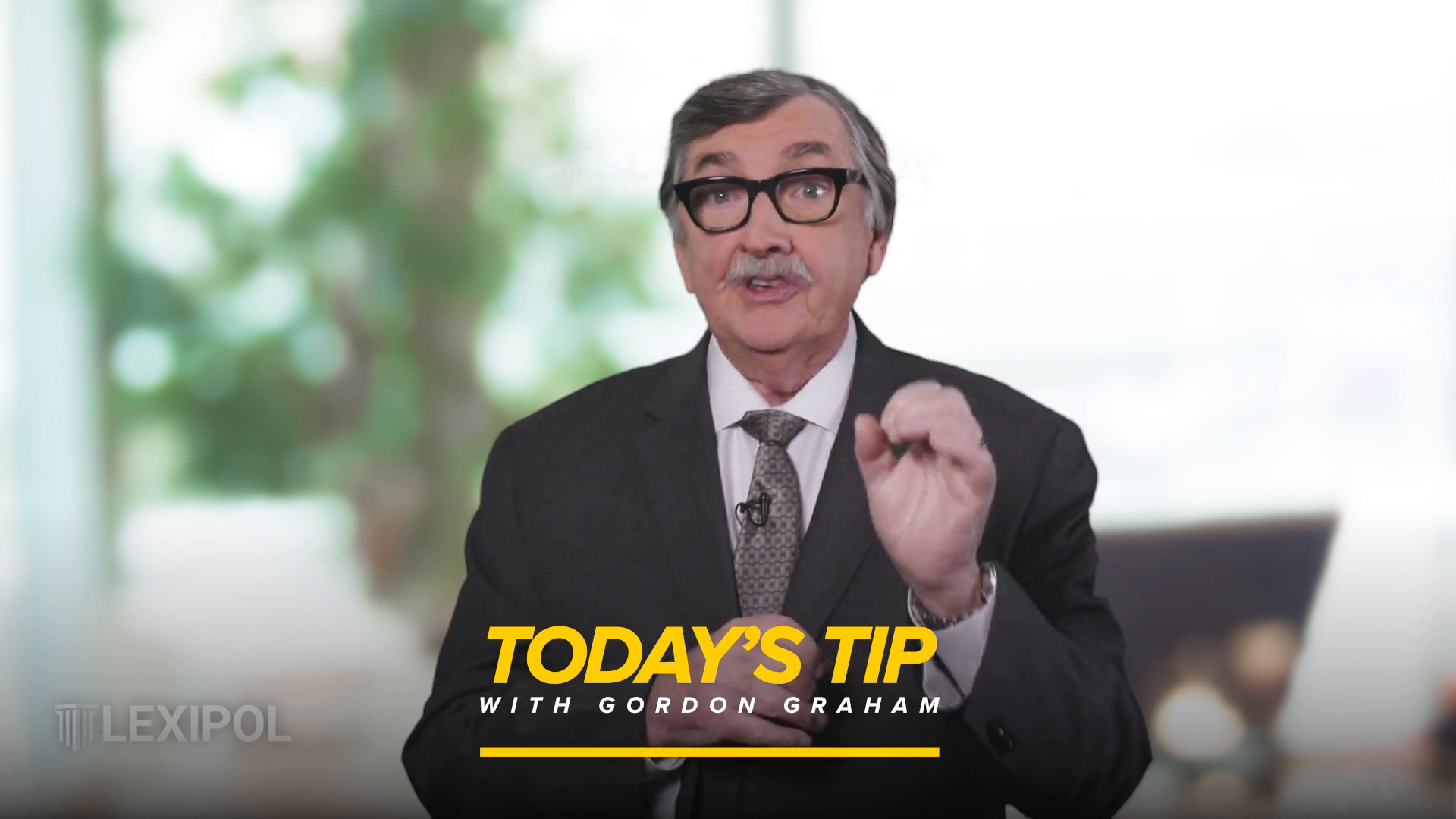Integrity in Law Enforcement
Category: Law Enforcement
Gordon Graham here with Today’s Tip from Lexipol. And Today’s Tip is critical for our friends in law enforcement, and it centers on a word near and dear to all of our hearts. That word? Integrity..
Nobody hates a bad cop more than good cops. Damaged integrity is very, very, very hard to repair.
It is often said that people are only as good as their word. That idea has always been important. But, in these unprecedented times, it is even more important to law enforcement professionals.
The world we live in is full of video cameras capturing our movements, actions, and even our driving. We have them in our cars and most of you wear one when you’re in uniform. Someone somewhere is always watching. Even when you don’t know they are. That’s why it’s important to be absolutely honest about everything.
Don’t embellish the facts to make a better case. And make sure your police reports accurately reflect the facts of the case.
Make sure you adequately prepare for court. You only get one chance at providing accurate testimony on the stand. Be honest. And don’t let the prosecutor get surprised. If other details surface after you submit your police report, keep the prosecutor informed so it doesn’t look like you’re hiding something.
Nobody hates a bad cop more than good cops. Damaged integrity is very, very, very hard to repair. Our job involves doing the right thing. All of the time. Whether on- or off-duty.
When you’re at work, assume you’re on camera all the time. Follow your agency’s policies and procedures. Be a role model and set the proper example. And always tell the truth when questioned. Follow these recommendations and you won’t have to worry about repairing your integrity – camera or no camera.
And that’s Today’s Tip from Lexipol. Gordon Graham, signing off.





